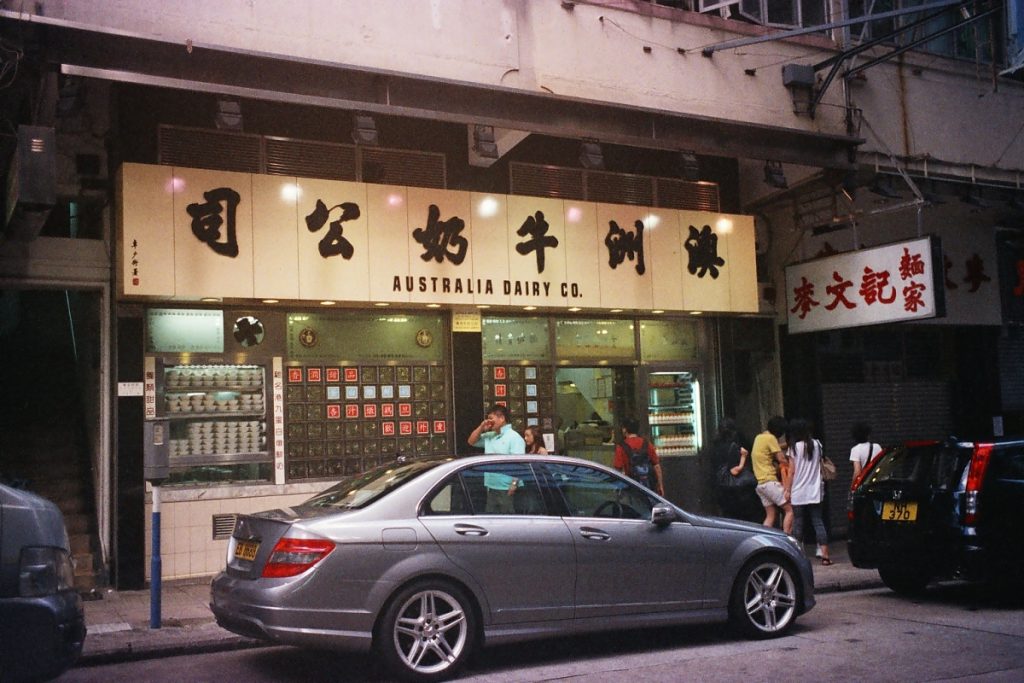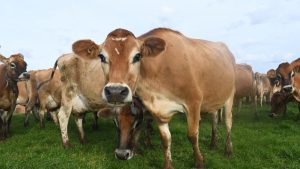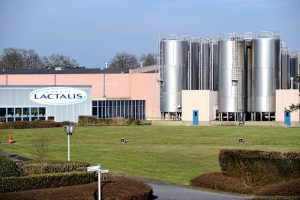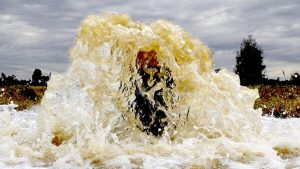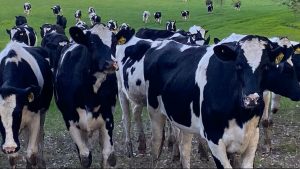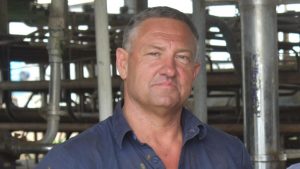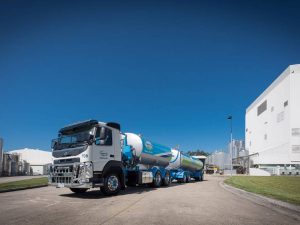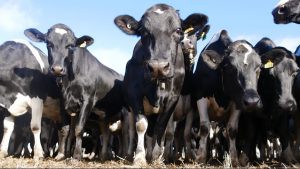
By Tom Parker, Chief Executive Officer (National), Australia China Business Council
Australia and China have developed a mutually beneficial economic relationship driven by our complementary strengths, that has developed over decades of trade and investment.
Australia’s wealth of natural resources, including iron ore, coal, and agricultural products, has become essential to China’s industrial growth and urbanisation. In return, China’s manufacturing capabilities provide Australia with essential goods, such as smart technology and machinery, at competitive prices. This partnership has positioned Australia as a key supplier to China, while China’s vast market and investment in Australian industries contribute significantly to our economic stability.
The pandemic, the recent destabilisation of bi-lateral relations and the reliance on China as an export market, created commentary and policies around trade diversification. Over reliance on individual commodities and a single market necessitates de-risking and finding work arounds. However, it is important to reframe current economic engagement with China as more than purely transactional.
Australia’s neo-liberal focus on economic rationalism means that our bilateral economic narrative favours stories built on supply and demand, economic complementarities and transactions rather than relationships, people-to-people exchange and knowledge transfer.
Knowledge transfer doesn’t need to be a by-product of bi-lateral business but should be a bedrock of building strong foundations that can act as a ballast during increasingly economic uncertainty and geopolitical fragmentation.
The knowledge transfer between Australia and China has fostered significant mutual benefits, driving innovation and growth across key sectors such as agriculture, education, healthcare, and technology.
Making knowledge transfer the bedrock of business
This year, Dairy Australia celebrated the 25th anniversary of its China Dairy Scholarship program, which invites managers from major Chinese dairy food companies to learn about Australian dairy farming practices, and manufacturing. This 10-day exchange program features classroom-style lectures, practical workshops, and visits to farm and processing facilities.
This innovative program is at the heart of Dairy Australia’s trade program that builds lasting relationships with key partners, which in turn supports export growth and a sustainable local dairy industry. Australia ranks number one in the world by volume for dairy exports to China and China is our most important market by volume and value.
This collaboration has enabled both countries to leverage each other’s strengths, with Australia contributing expertise in sustainable farming, environmental management, and advanced research, while China offers vast market potential, manufacturing capabilities, and rapid technological adoption. The exchange has not only enhanced economic ties but also addressed global challenges such as climate change and food security, leading to improved practices, enhanced capabilities, and strengthened bilateral relations.
This relationship-based approach is central to the Chinese market, where often people rather than process and Communist Party-policies trump profits. China’s recent economic models or slogans of market socialism with Chinese characteristics, common prosperity, and new productive forces all require a level of government intervention and political control that don’t marry up with market forces or our transactional tendencies.
Knowledge transfer doesn’t mean giving up your intellectual property for free but provides a mechanism to build economic and strategic relationships that offer support and advantages during down turns or disagreements. It deepens knowledge and networks, and is a powerful tool for mutual benefit when conducted in a spirit of true partnership, with a focus on capacity building, and shared objectives, while respecting each other’s autonomy.
Knowledge transfer can create or highlight inherent power imbalances. As China embarked on decades-long economic development, it was thirsty for knowledge and practical know-how, and Australia had some of the answers. Today, in several areas such as renewable energy, artificial intelligence, and the Internet of Things, China is the market leader.
How can relevant Australian industries develop strategies to absorb knowledge transfer from China that can assist in strengthening or creating new sectors to support initiatives like the Future Made in Australia initiative?
Australian businesses need to be proactive, managing risks by actively engaging in creative two-way knowledge transfers to deliver dynamic trade outcomes, strengthen bilateral ties, and play a pivotal role in the global transition to net zero.
Tom Parker is the Chief Executive Officer of the Australia China Business Council.
You can now read the most important #news on #eDairyNews #Whatsapp channels!!!
🇺🇸 eDairy News INGLÊS: https://whatsapp.com/channel/0029VaKsjzGDTkJyIN6hcP1K
